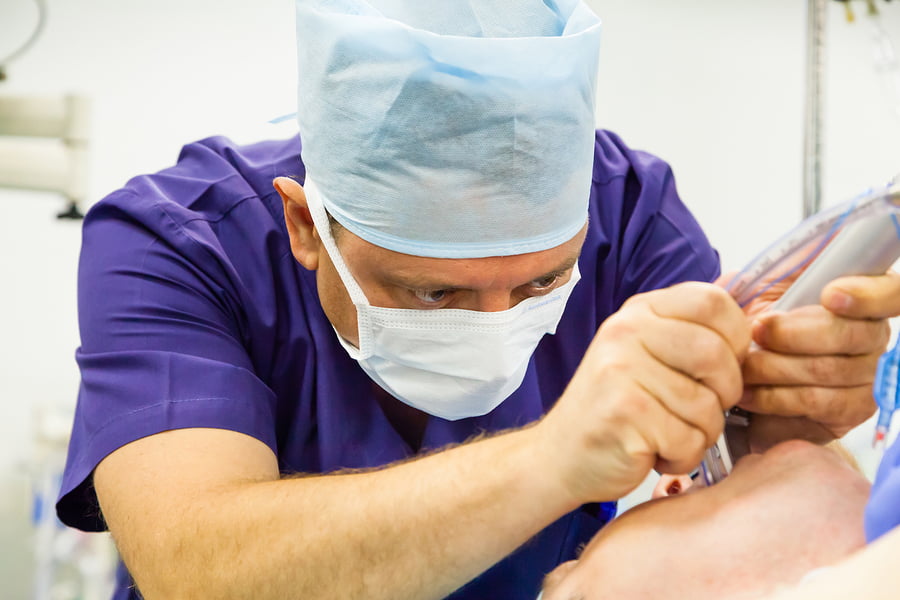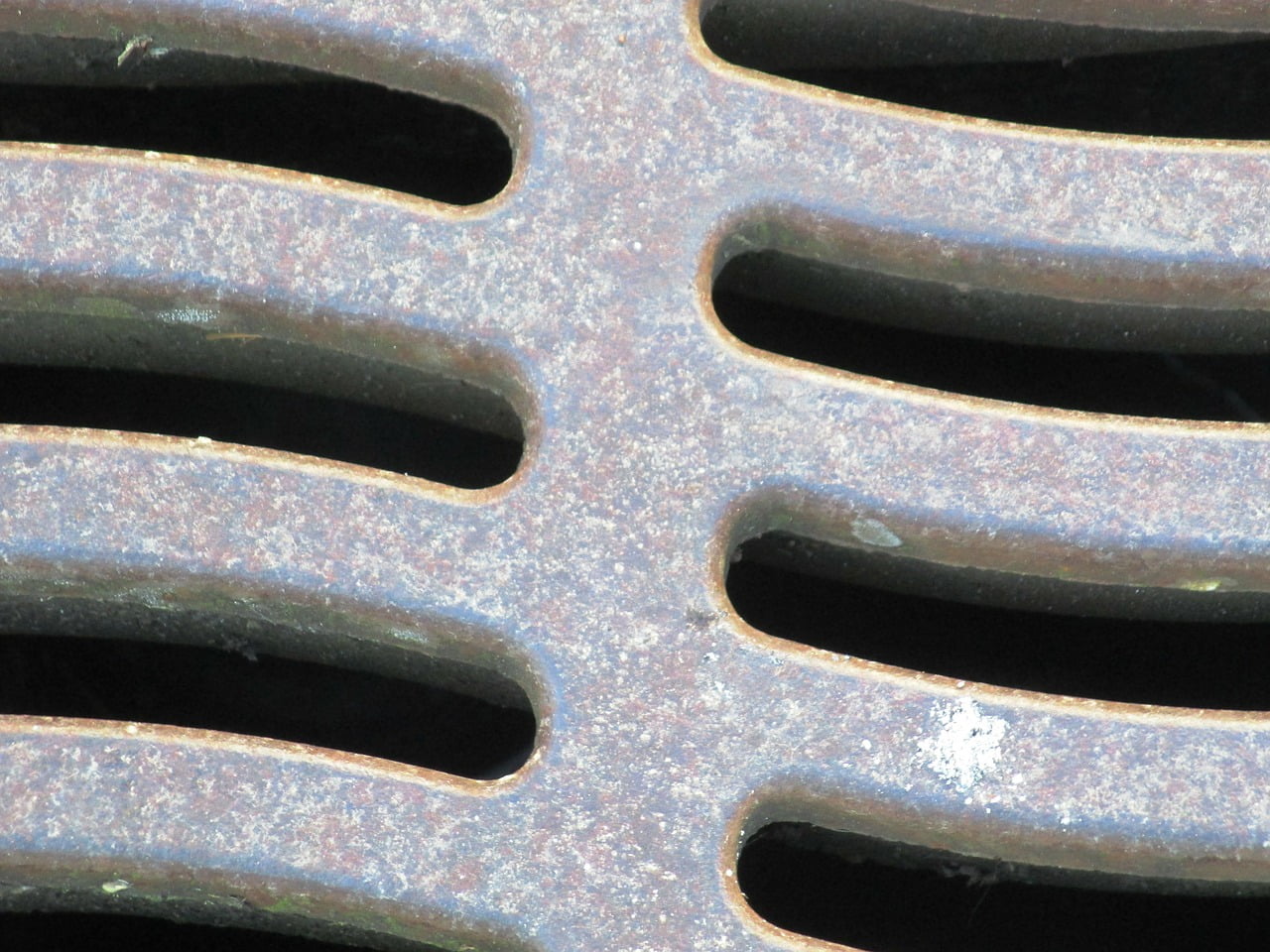Every year, drug-resistant bacteria kill 50,000 people in Europe and the US, and hundreds of thousands more around the world. But an Israeli research team has come up with the most surprising way to fight these bacteria – by infecting them with tiny viruses found in the Jerusalem sewer.
While over the past decades, medicine has advanced tremendously, it still has to tackle an increase in drug-resistant bacteria. That is, bacteria that has grown immune to antibiotics and mutated into pathogens that are much harder to treat.
SEE ALSO: Researchers Say Technique Can Neutralize Anti-Biotic Resistant Bacteria
According to the Review on Antimicrobial Resistance, an academic group dedicated to tackling drug-resistant infections globally, if these infections are not properly addressed, they could cause up to 10 million deaths per year and cost up to $100 trillion by 2050.
But a research team from the Institute of Dental Sciences at the Hebrew University recently proposed a way to fight one of these tricky illnesses. Led by Dr. Ronen Hazan and Dr. Nurit Beyth, the researchers focused on ways to kill one such pathogen known as Enteroccus Faecalis.
The E. Faecalis pathogen is a mutation of a bacterium that inhabits gastrointestinal tracts in humans, and can cause a wide range of diseases such as endocarditis (potentially fatal heart infections), bacterermia (harmful bacteria in the bloodstream), urinary tract infections, meningitis, post-treatment root canal infections, and more.
While root canal infections may seem like the least of your worries on that list, roughly 20-33 percent of all root canal work entails infections that contain the E. Faecalis pathogen. This is mainly due to the presence of a “sticky” bacterial cluster called biofilm, which is associated with root canal treatment and makes it hard to target the E. Faecalis.
Sign up for our free weekly newsletter
SubscribeSo, how can the medical community better target these dangerous pathogens in biofilm? Typically through a relatively new technique called “phage therapy”, where instead of antibiotics, Bacteriophages (essentially viruses that infect bacteria) are used to infect a pathogen and eventually kill it.
Oddly enough, it turns out that a specific phage, called EFDG1, which was retrieved from sewage effluents in a Jerusalem waste facility tested extremely well in killing E. Faecalis after root canal infections.
The research team conducted a number of experiments testing the efficacy of EFDG1 against E. Faecalis cells in biofilm (its most robust form). In all cases, EFDG1 was found to be highly effective against various forms of E. Faecalis regardless of their antibiotic resistance profile.
SEE ALSO: Israeli Researcher Discovers Protein That Could Replace Conventional Antibiotics And Kill Bacteria
This means that EFDG1 could effectively eradicate severe infection risks for roughly 33 percent of all root canal patients – definitely a good reason to smile!
Photos: NIAID
Related posts

Israeli Medical Technologies That Could Change The World

Harnessing Our Own Bodies For Side Effect-Free Weight Loss

Missing Protein Could Unlock Treatment For Aggressive Lung Cancer








Facebook comments